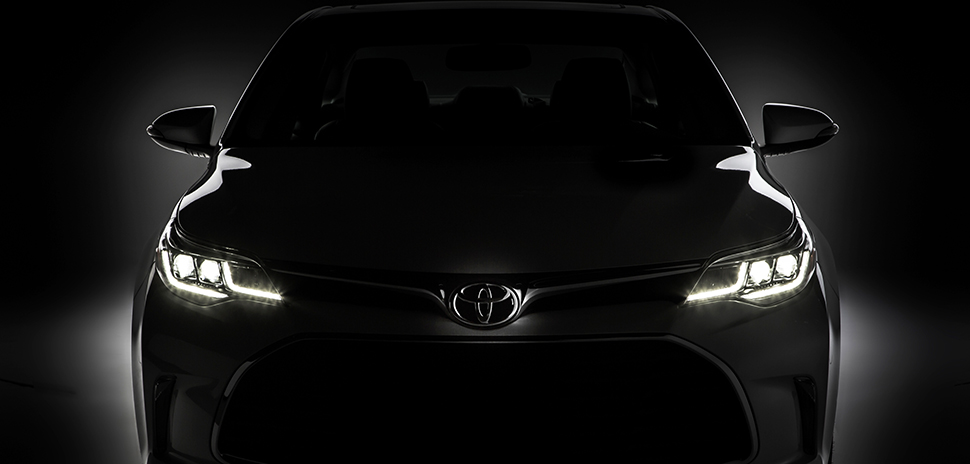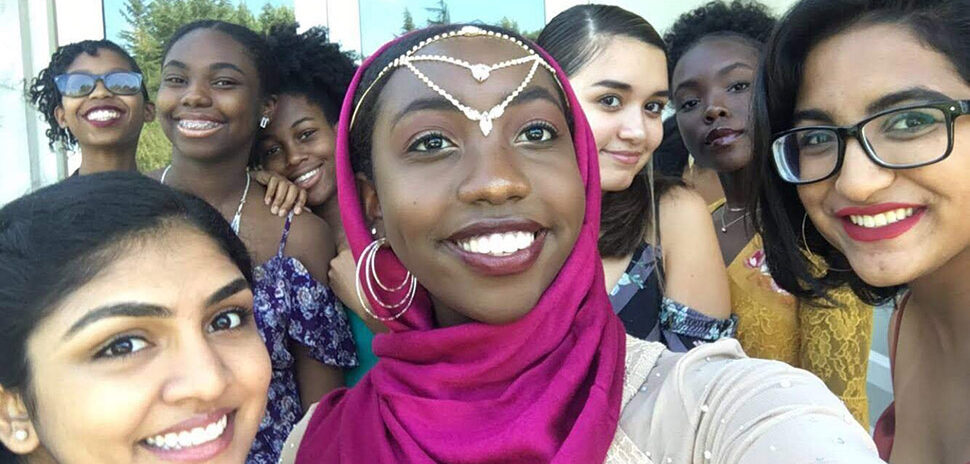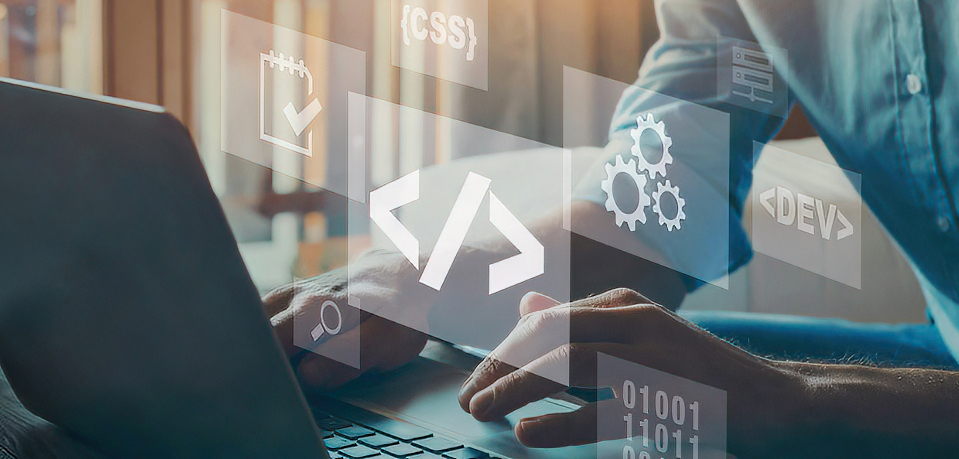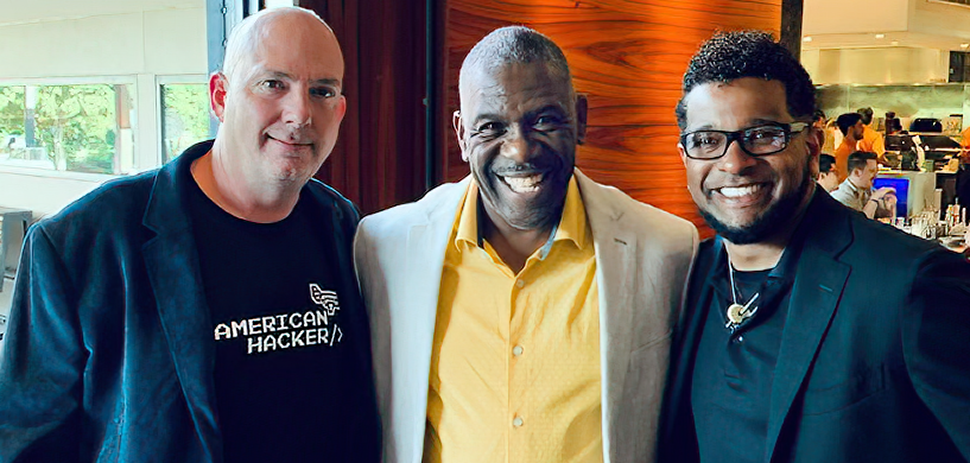Toyota now has direct access to all of Microsoft’s connected car technology and patents, giving the Japanese automaker a head start on new features such as artificial intelligence, voice recognition, and gesture control.
This marks Microsoft’s most extensive intellectual property agreement with an automaker, Automotive News reported. The good news for other automakers is that this isn’t an exclusive deal so it’s not too late.
Microsoft wants to strike similar deals with other companies.
“Microsoft doesn’t make cars, we are working closely with today’s car companies to help meet customer demands.”
Erich Anderson
“Microsoft doesn’t make cars, we are working closely with today’s car companies to help meet customer demands,” Erich Anderson, corporate vice president of Microsoft’s Intellectual Property Group, told Automotive News.
Microsoft invests $11.4 billion a year in research and development. That has led to today’s infotainment, safety, and other enhancements that come standard on vehicles.
“This is an exciting time in the industry, and we believe that to create the best, most immersive connected car experiences, automakers should partner with technology leaders like Microsoft,” said Tokuhisa Nomura, executive general manager of Toyota’s Advanced R&D and Engineering Company. “We will be able to innovate faster to deliver new, contextual and immersive experiences to our customers.”
“We will be able to innovate faster to deliver new, contextual and immersive experiences to our customers.”
Tokuhisa Nomura
Toyota, which will open its North American headquarters in Plano next month, has worked with Microsoft for the last year to improve connected car technology.
Connected car technology is part of the larger Internet of Things phenomenon that’s fast becoming reality in places such as the West End of Dallas, where a Smart Cities initiative is underway.
In Frisco, Audi has equipped a stretch of road near Stonebriar Centre with smart traffic lights that can communicate with Audi vehicles. The dashboard displays a countdown to when the light will change, for example.
The idea being that cars communicate with each other and with infrastructure on the road to make driving, parking, and navigating easier. This paves the way for autonomous vehicles.
Delivering what’s new and next in Dallas-Fort Worth innovation, every day. Get the Dallas Innovates e-newsletter.






























